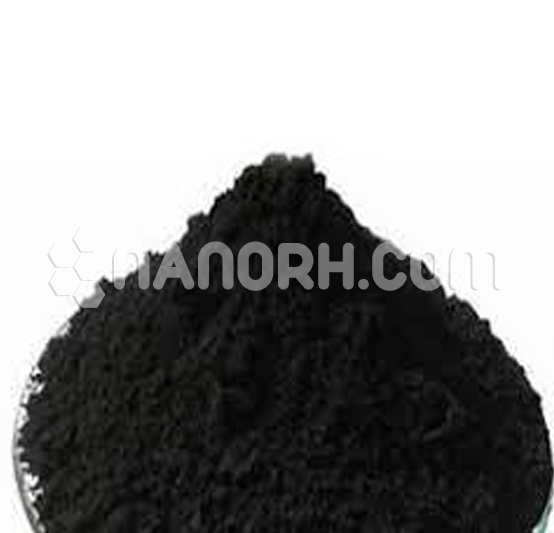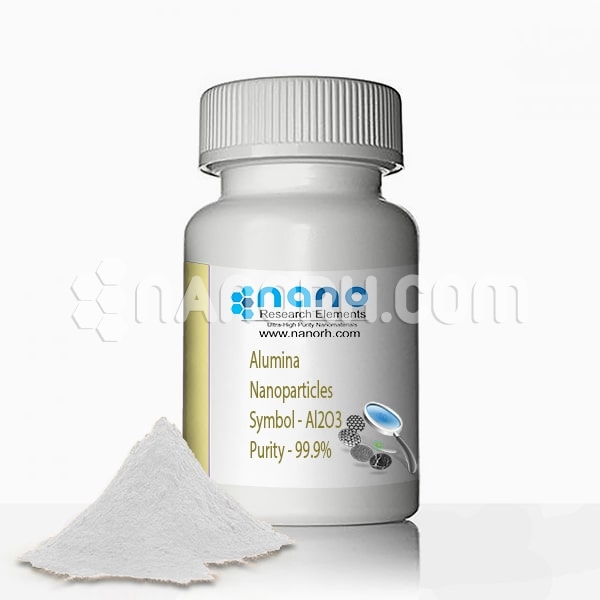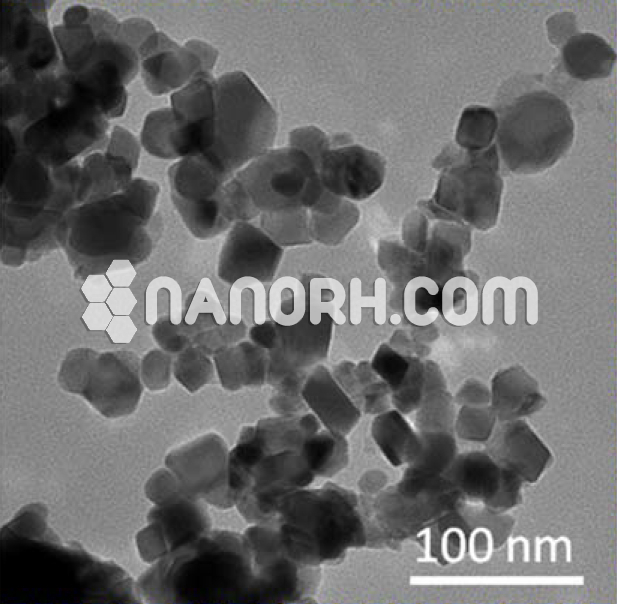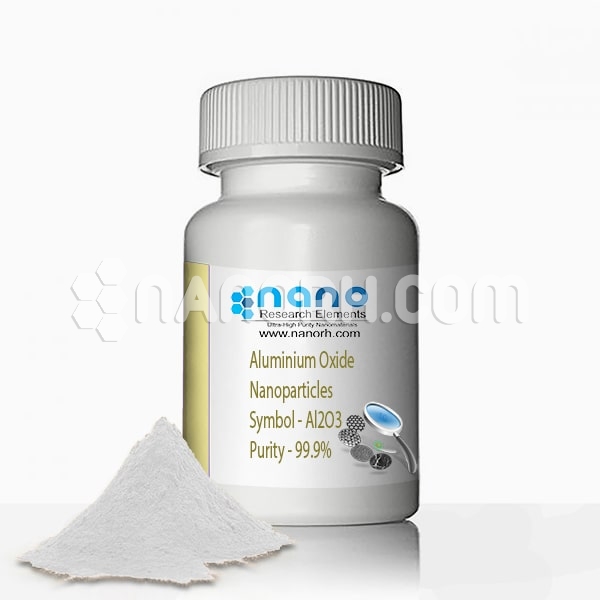| Germanium Sulfide Nanoparticles | |
| Product No | NRE-5093 |
| CAS | 12025-34-2 |
| Purity | 99.9% |
| Formula | GeS2 |
| APS | <100 nm (Can be Customized) |
| Color | White |
| Molecular Weight | 136.75 g·mol−1 |
| Density | 2.94 g cm−3 |
| Melting Point | 840°C |
| Boiling Point | 1,530 °C |
Germanium Sulfide Nanoparticles
Applications
Photovoltaic Devices: GeS nanoparticles, due to their direct bandgap, are being explored for use in solar cells. As a light-absorbing material, GeS can potentially improve the efficiency of thin-film solar cells. The ability of GeS to absorb light efficiently in the visible range makes it a good candidate for next-generation photovoltaic technologies.
Optoelectronics: GeS nanoparticles are being studied for a range of optoelectronic devices, including light-emitting diodes (LEDs), photodetectors, and photonic devices. GeS’s ability to absorb and emit light over a range of wavelengths makes it an attractive material for optoelectronics, particularly in applications requiring efficient light absorption and emission.
Photocatalysis: Like other semiconductor materials, GeS nanoparticles are being investigated for photocatalytic applications, such as water splitting for hydrogen production and the degradation of organic pollutants. Their ability to absorb light and facilitate chemical reactions makes them useful in sustainable energy production and environmental remediation.
Energy Storage: GeS nanoparticles are being explored for use in energy storage devices, such as lithium-ion batteries and supercapacitors. Their high conductivity and stability can potentially enhance the charge and discharge cycles, improving the overall performance of energy storage systems.
Sensing and Detection: GeS nanoparticles are highly sensitive to changes in their environment, making them ideal for use in sensors. GeS-based sensors can detect gases, humidity, and even biological markers. Their sensitivity to light and chemical stimuli enhances their effectiveness in sensing applications.
Thermoelectric Devices: Due to their good electrical properties and thermal conductivity, GeS nanoparticles are also being researched for use in thermoelectric materials. These materials can convert heat into electricity, making them suitable for applications like waste heat recovery and energy harvesting.




